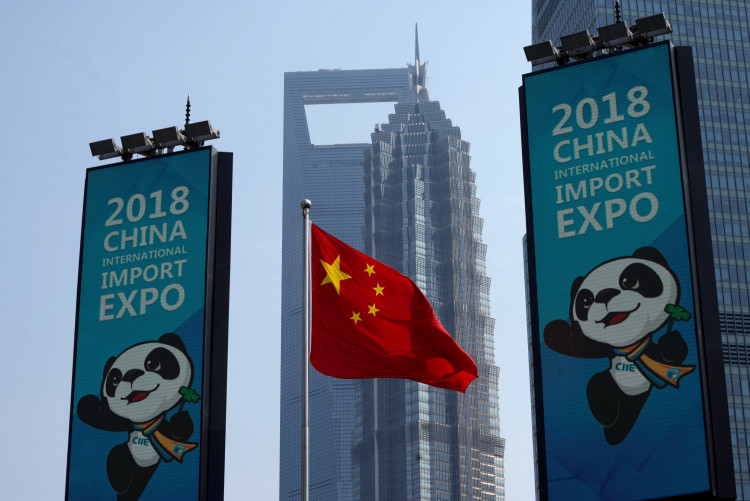On Thursday, China and India announced that the two Asian countries have agreed to a joint research undertaking that will study several areas including World Trade Organization reforms, frontier technologies, and urbanization. The two countries have also agreed to study various trade sector and develop an enhanced cooperation outlet in that will help facilitate investments.
The joint ventured was announced following the conclusion of the fourth dialogue of the NITI Aayog-Development Research Center in Mumbai. During the dialogue, China was represented by the President of the DRC Li Wei, while the Indian delegation was headed by NITI Aayog Vice Chairman Rajiv Kumar.
A joint statement from the two countries revealed their commitment towards a more inclusive and globalization strategy which stems on multilateralism. Many observers have noted that China and India's new venture is a testament to their commitment to globalization and an effort to make Asia the starting point of the next economic revolution.
Aside WTO reforms, China and India have also affirmed their commitment to the development of digital new and innovative digital economies. The two Asian superpowers are deemed by many market analysts as the core drivers of an effort to steer the global economy towards the Asian region. Both China and India are also viewed as top pioneers when it comes to digital innovation as the two countries are well known for their massive number of tech startups that operate in various sectors.
Among those discussed during the dialogue was the push towards electric vehicles. The two countries have agreed to a collaboration in research and development of electric vehicles. The possibility of tapping both the public and private sectors in order to improve developments were also considered.
With the United States starting to steer into a more isolationist economy, China is poising itself as the next global leader not only in trade but also in innovation, research, and development. Many analysts believe that China will play a crucial role in shaping the WTO and multilateral trade with other countries. In turn, this strategy will essentially offset all the negative effects of the trade war that was started by the United States.
In an op-ed on the South China Morning Post, David Dodwell wrote that China should start working along with the European Union and Canada in order to revamp the World Trade Organization. He added that with the country's vision towards multilateral trade and globalization, it is only necessary for the country to start easing up its market regulations and open up its trade borders to the rest of the world.





